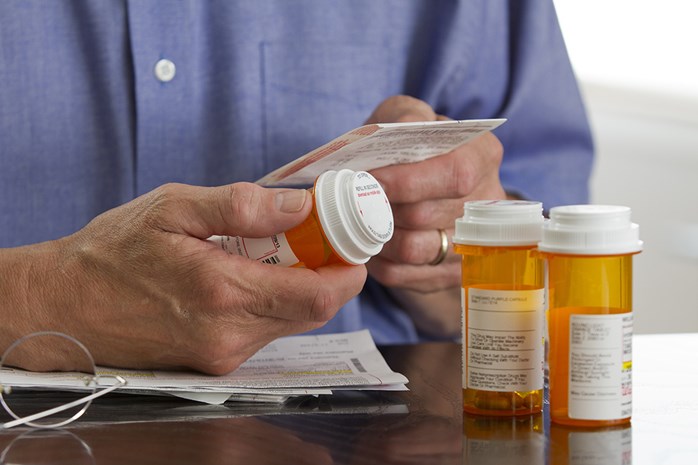
What are recommended doses?
When a new medicine is discovered, there are several characteristics of the medicine that need to be determined quite soon after its first testing on humans. These includes figuring out:
- At which dose is the drug most potent?
- What is the lowest effective dose?
- At what point are the dose limiting side-effects seen in majority of people?
The answers to above questions afford us with what is known as the “therapeutic window” of each drug. At this dose, the drug is both highly effective and relatively free from side-effects.

The diagram above shows what happens after taking a single dose of a medicine. The curve signifies the concentration of the drug in the blood. Unless you don’t overdose on the drug, its blood concentration will not rise to the point where side effects are most likely to occur. When administered at the recommended dose, for a certain period it stays in the range where the desired medicinal effects are provided (the therapeutic window) – the pain relief is experienced for an effective duration of time. So, every medicine comes with a recommendation for the dosage and how regularly it should be taken, to give the average person the best results.
Why you should follow dosage instructions?
The balance of effectiveness against side effects provides the basis for a recommended dose of a given medicine. The doses might differ for older people and children. More severe disorders may need a heavier dose of the same drug. For example, a higher quantity of painkillers may be needed to cure rheumatoid arthritis than is required to treat a tension headache.
Moreover, majority of the medication is also recommended to be used for a specific period of time. For headaches, it is highly suggested that you seek medical advice if you have to take painkillers for more than 10 days in a row. Otherwise there are chances of ‘rebound’ headaches occurring when you stop the drugs.
It is also necessary for you to take the medicine often enough when applicable. Regularly missing doses mean would lead to insufficient medicine getting accumulated in the body which would not deliver its complete beneficial effect. If the medicine is designed to be administered four times a day, it tells you that the duration of the drug in the blood is possibly quite short. Taking the same drug twice instead will reduce the chances of it giving the desired continuous medicinal effect.
What do you do if you take too much?
We have laid down a number of precautions that would help prevent accidental overdose or mistakes with a medicinal product:
- Always read medication labels judiciously and administer medication only as prescribed. Store all medicines in their original packaging, locked away in a safe secure location and away from the reach and sight of children.
- Be careful when taking medicines of any kind. Whether it is prescribed by the doctor or you have bought it from over-the-counter, always follow the instructions carefully. Never share medicine with another individual or use medication that fits a different illness or condition. If you see any side effects, consult your pharmacist or GP.
- Do not stockpile unwanted drugs. Try returning it to the pharmacist if you don’t need them.
- Always tell your doctor or other health professional of a previous overdose.
- Be careful while taking different medicines or substances (including alcohol) together, as certain medicines can react with each other and increase the risk of adverse effects
However, if you feel you have administered too much of a medicine, instantly contact your GP, or visit the accident and emergency department of your nearby hospital to assess the situation.
If symptoms start appearing after taking too much of a medicine, it can be serious and you would require immediate action. Exact information would be required - the specific name of the medicine, the amount consumed and the time when the medicine was consumed. In majority of cases, the medicine’s packaging will mention the composition of the medicine and its dosage strength, so it is very necessary for you to have the packaging in hand.
To summarize, it is expected for you to be very careful with all medicines. Always follow the instruction mentioned on the label, the prescription or by your doctor or pharmacist. Medicines also comes coupled with an information leaflet that mentions clearly what you should and should not do with the medicine. If you are ever in any confusion, even after following all the instructions as directed, doctors and pharmacists are at disposal to give you advice.
